|
Instructions for "Set Your Compass to Love"
To consciously respond, you need to know the direction you want to go in, otherwise you will flounder from one day to the next, hoping things will work out. Know your purpose in life and you will know what direction to take when you have choices to make—you will know what direction to set your compass toward. Let that direction be the giving and receiving of Love.
0 Comments
The process of creating "Choose Again - Six Steps to Freedom" began six years ago when Diederik finally gave in to some very persistent persuasion and reluctantly started work on the book.
Diederik was so busy at the time between the centre in Costa Rica and running workshops internationally that we chose the route of a ghost writer to put the book together. It soon became clear that without an intricate knowledge of the work of Choose Again, and the personal stories of how Diederik came to develop the Six Steps, the book would not be a success. We knew we had the makings of a wonderful book because it has all the elements of a 'best seller' - a great personal story, a sound practice that can change lives and work that challenged established norms. More importantly- we also knew this was an incredible opportunity to share the Six Steps to Freedom more broadly so it could transform more lives for the better. The incredible Anne Andrew got involved at this point, and applied her knowledge and experience to the task. How to do Positivity Training (You'll need a little notebook):
When you think a certain way for a long time, you strengthen the pathways in your brain that run these thoughts, and it takes deliberate attention and perseverance to form new pathways. This week's practice is scientifically proven to forge new, more positive pathways in the brain, helping you be more naturally aware of the good that already exists in your life. It's a practice we do at dinner every night at all our retreats and workshops, and clients report experiencing a profound shift in how they view their day as a result. What do you do when one of your relationships is not going well? How do you get your other half, family member, or co-worker to stop being so annoying/ be more considerate/ fulfil your needs? Well, I have bad news, and good news. The bad news is that you are probably never going to get another person to behave exactly as you want them to. The good news is, that you don't have to! It is entirely within your power to create more harmonious relationships, whether the other person is willing or not. Hear from Gad and Anne, who discuss their own experiences of bringing healing to their relationships using the Six Steps. (Gad works at our Retreat Centre in Costa Rica, and Anne facilitates the weekly Circles, and Workshops in Vancouver. They will come together with Diederik Wolsak this summer to facilitate the workshops in the South of France.) Instructions for "Watching Traffic in Your Mind":
Meditation isn't about emptying the mind of all thought, it's about being able to observe thought without getting involved with it. This is a key skill when doing the Six Step Process. If you are not aware that you are in an upset because you have gotten carried away with it, then you won't be able to recognise that choice point where you either (a) pick up your Six Steps to Freedom book, or (b) you stay in the upset. This meditation is a great way to practice strengthening the muscle of choice! "My mind is not my enemy. It is what I do with it and because of it that can hurt me." - Forsyth & Eifert As strange as it may sound, emotional pain is an experience that I have come to appreciate, deeply.
No, I’m not a masochist. When I feel bad, or hurt, or upset in any way I still want to be free of that painful experience. But along the way, I have come to see my pain in a new light. I don't avoid it anymore. Instead, I found a new way of appreciating pain. It has opened me to more joy, more peace with myself and with others. In the past, my usual way of dealing with pain was to suppress or repress it. Faced with emotional suffering, I tried to push the uncomfortable feelings into the dark corners of my mind. From those corners, the pain would eventually find its way into the body, appearing as disease. I know firsthand the heartache that comes with having a teenager who struggles with eating disorders and other self-harming behaviour. Helplessness combines with guilt and even shame. I was fortunate to discover how to be happy despite our circumstances, and learned that not only could I be happy, but by being happy I was helping my child. That’s why I must debunk the myth that we can only be as happy as our least happy child. This unfortunate concept condemns parents of unhappy children to life sentences of misery. It doesn’t have to be this way and what’s more, the unhappiness parents suffer contributes to the ongoing misery of their children...
Here are a few reasons why being a happy parent actually helps a child: One of the key ideas we use here at Choose Again is that “nothing outside of me can bring me anything I want.”
Many of us are already familiar with this idea. We know that "happiness comes from within.” Or at least we have learned to accept this, intellectually. As familiar as this idea may have become by now, it is always worth taking a pause over. There is a great treasure buried underneath the simplicity of this statement - “nothing outside of me can bring me anything I want.” In this blog, I would I like to offer a way I have found to “dig deeper” into this treasure. If nothing else, it can offer you a fun and thought-provoking way to think and reflect on a statement that might have already become a dry cliché. So, allow yourself a few minutes in which to reflect, and to enjoy. If you have a journal nearby bring it, or you can use anything to write down what you will discover. 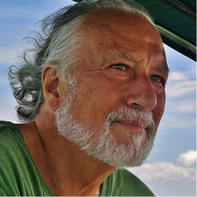 One question we often get asked at Choose Again is - what is the purpose of a relationship? And in particular - what is the purpose of a romantic relationship? The purpose of a relationship - from the point of view of Choose Again - is to reflect back to me the core beliefs that I still need to work on. In other words the purpose of the relationship, is to bring out of hiding all the false ideas I have about myself. It’s a fact - I will always attract into my life someone who will reflect to me the areas that I most need to work on. In fact, that is the real purpose of the relationship. This is true for all relationships - whether they are intimate relationships or working relationships. The key is to not be afraid of what my partner will reflect back to me. I need not fear the conflicts in the relationship, but welcome them. 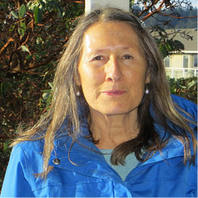 I was looking through some quotes the other day and I ran across one that said something like: Be good to yourself. Forgive yourself. When you treat yourself well life will treat you well. I eyed it dubiously and then moved on to other sources. I was bothered by it, though so I went back to re-read it. It is an idea that I have heard many times over the last few years, expressed in a variety of ways. I am uneasy around it because it sounds like something the small self would grab onto, in pursuit of building a better small self. I agree that it is important to love, forgive and be true to myself. But I cannot do or be any of these things as long as I am attempting, from the ego, or false identity, to be more forgiving, or loving or self-accepting. |
Categories & Authors
All
Archives
November 2022
|
Read an independent evaluation of our program |
| ||||||
QUESTIONS? |
GET daily INSPIRATION TO YOUR EMAIL |

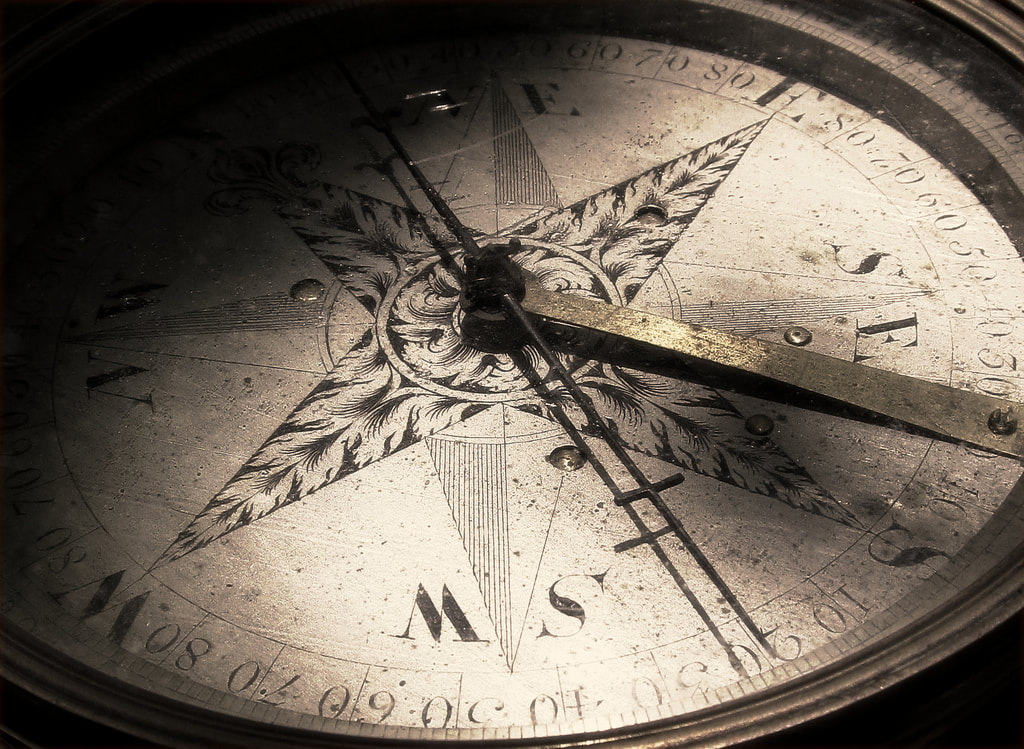
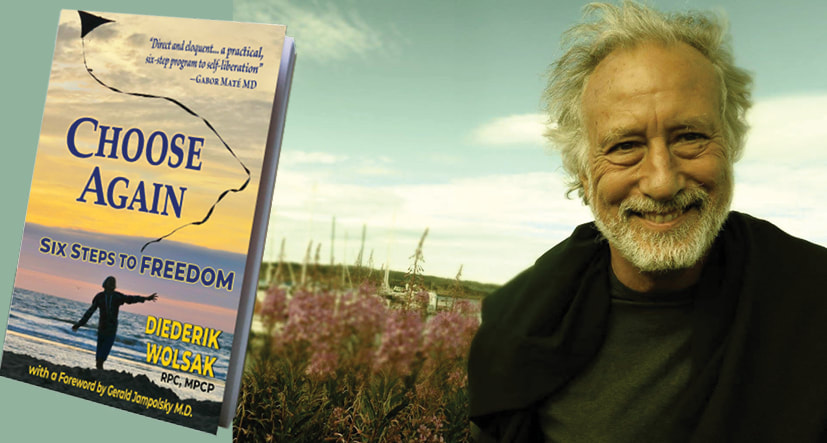
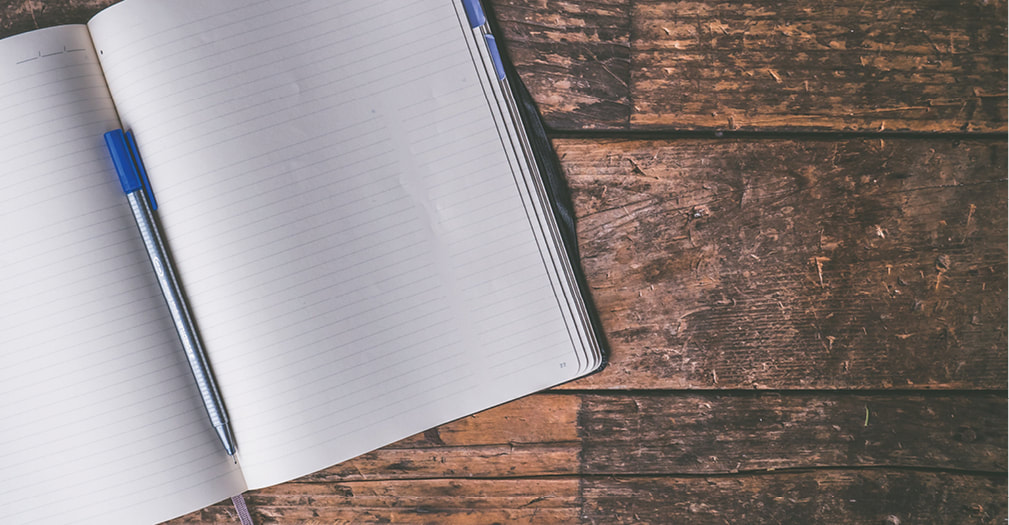

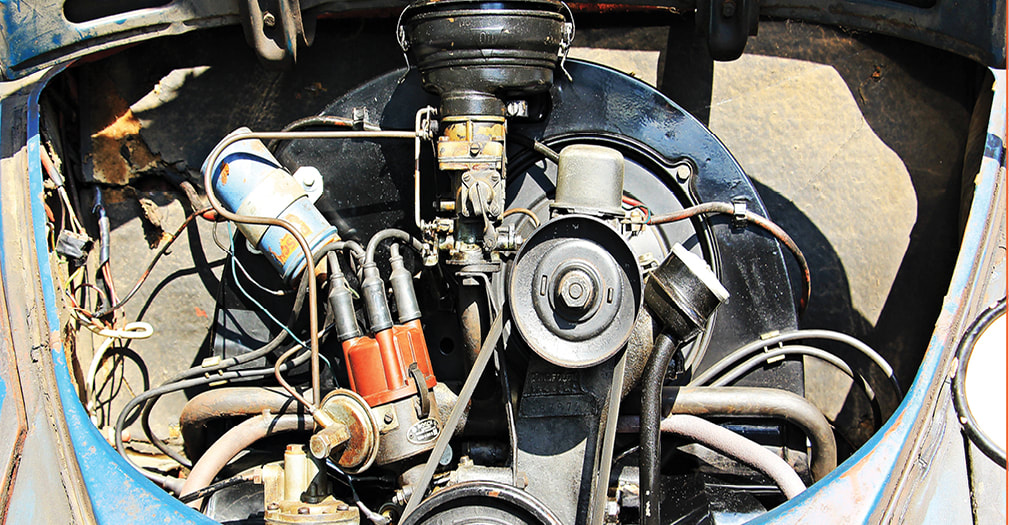
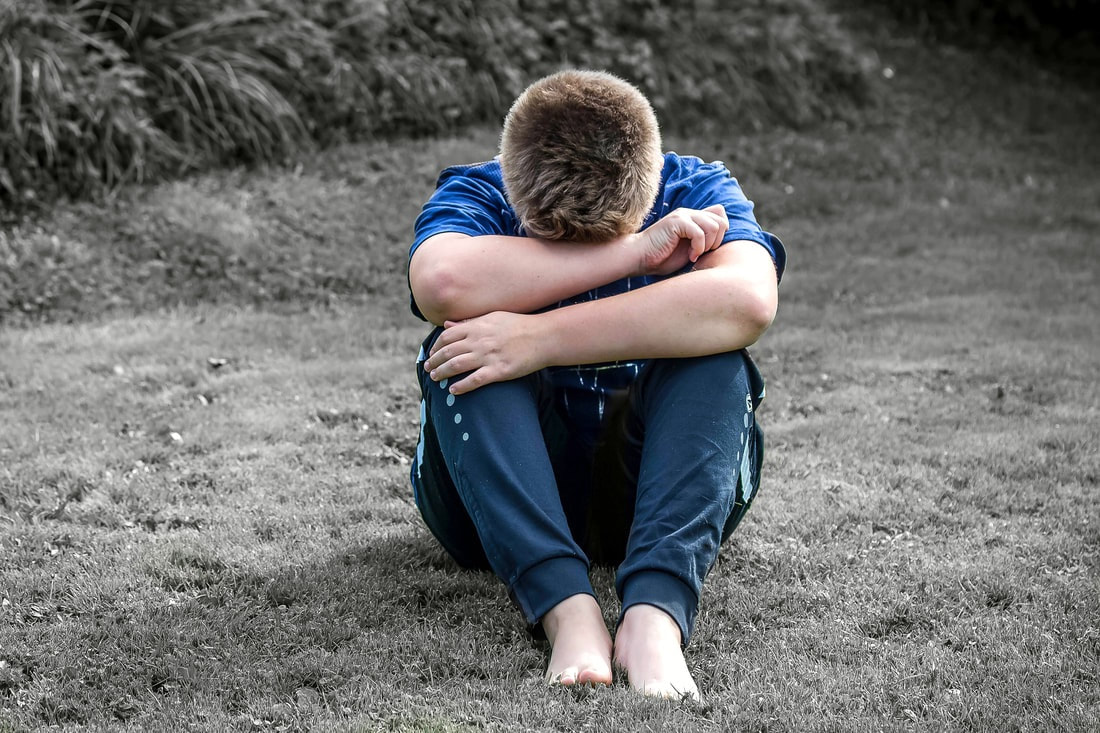
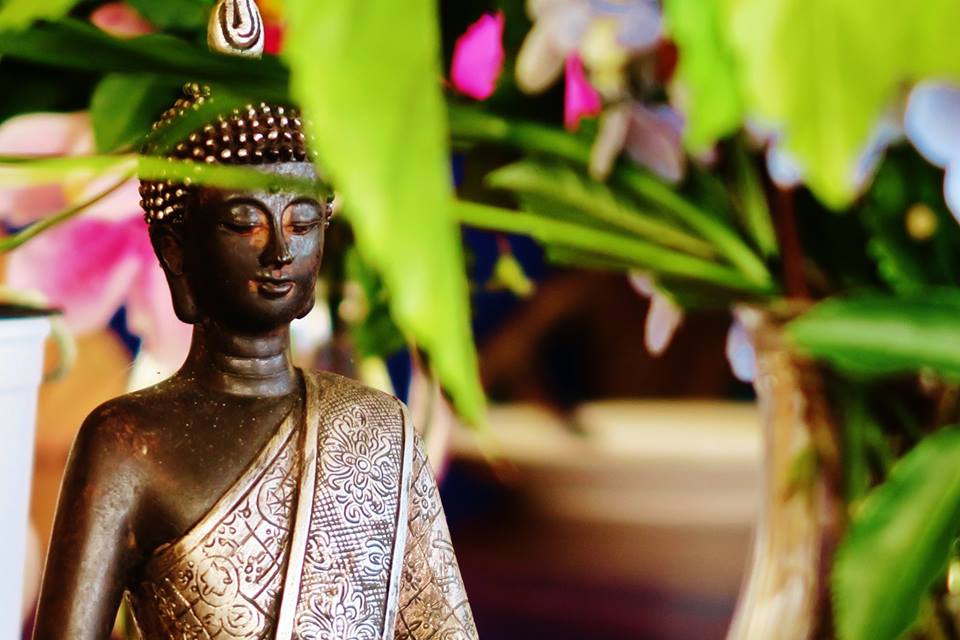
 RSS Feed
RSS Feed